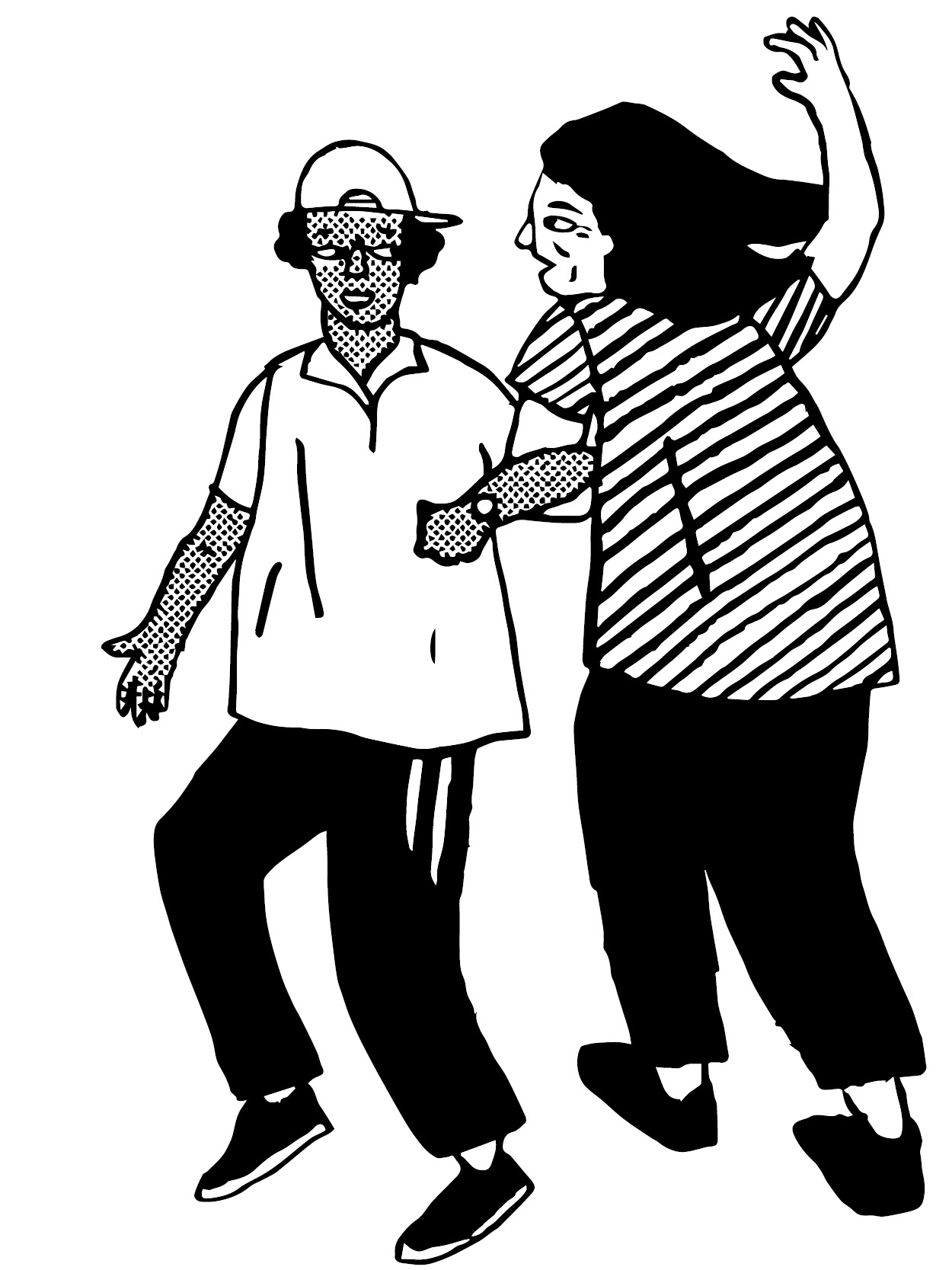Simnel and Pax Cakes
Simnel Cake
Flowers and boxes of chocolates seem to be the norm today, but once Simnel cakes were synonymous with Mothering Sunday and Easter Tide too. There are three famous types that are named after the towns that make them : Shrewsbury, Devizes and Bury.
The word Simnel is said to come from simnellus, Latin for the fine wheaten flour used to bake loaves as early as the 11th century. However, there are many theories about the origins of the name. One is from the legend of Simon and his wife Nell who argued about the way to cook the cake. Should it be boiled or baked ? So as a compromise, it was both boiled and baked and the result was called after both of them.
Pax Cakes
Palm Sunday (the Sunday before Easter) commemorates the day when Christ rode into Jerusalem on his final journey before crucifixion. It is also the day when, following the service, small circular biscuits called Pax Cakes are distributed to the congregations at King’s Caple and Sellack in Herefordshire, with the words ‘Peace and Good Neighbourhood’ stamped on them and recited by the vicar with each giving. It is believed that this ceremony dates back at least to the 16th century when it was once common for some churches to have a shared meal as part of the service, known as a love feast. Cakes and ale would be served at morning service and consumed in the church for peace and good neighbourliness, the food often provided by a local benefactor. The ale, not surprisingly, disappeared from the proceedings by the end of the 19th century, and the large cake gradually evolved into buns and then the current wafer.
Palm Sunday was also known as Fig Sunday in some places commemorating the barren fig tree which Christ came upon the day after he first entered Jerusalem (i.e. the first Palm Sunday). To counter¬balance His great disappointment, at one time fig puddings and pies were part of the midday fodder on Palm Sunday, and fig feasts were held on Dunstable Downs, at Kempton in Hertfordshire, and on the top of Silbury Hill in Wiltshire, where people met to eat figs and toast each other with beer or cider. This practice died out before the First world War.
Palm Sunday in Wales is also Flowering Sunday. This is the day when family graves were dressed and cleaned, all the while remembering your dear departed. There are many 19th century accounts from Glamorgan.











